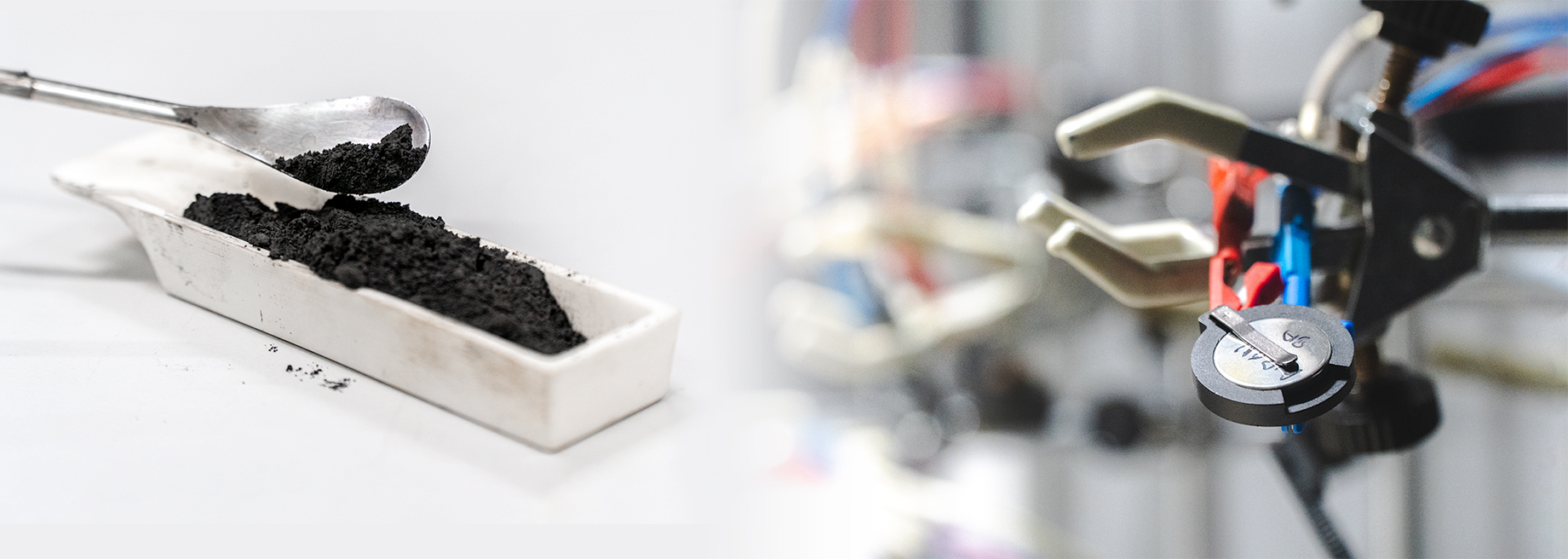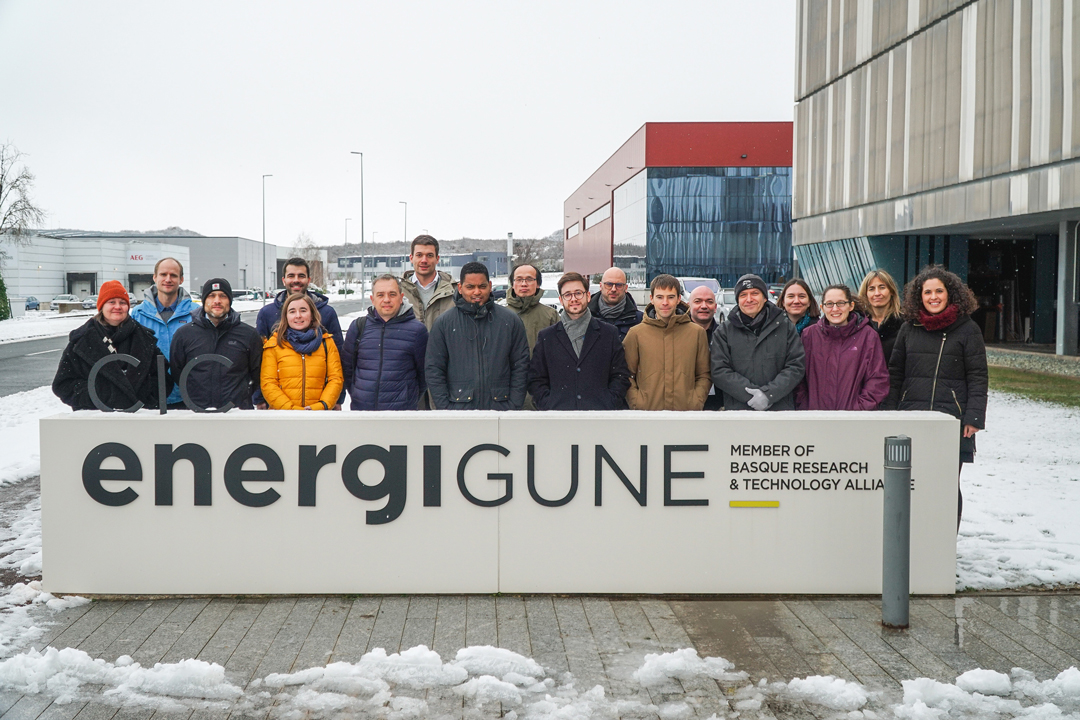CIC energiGUNE, the Basque research center of reference in battery storage, thermal energy solutions and hydrogen technologies, and member of the Basque Research & Technology Alliance-BRTA, has hosted at its headquarters in the Alava Technology Park the kick-off meeting of the European project MUSIC, which aims to manufacture high-performance electrochemical storage systems based on sodium-ion technology. The meeting, which started yesterday and has finished today, brought together in Vitoria-Gasteiz representatives of the 12 partners, including the Karlsruher Institut Fuer Technologie (KIT), the Centre National de la Recherche Scientifique(CNRS), or BCARE, among others.
“This project aims to respond to a specific need in the field of electrochemical energy storage”, has said Jon Ajuria, Principal Investigator at CIC energiGUNE for the MUSIC project. “We are going to open the door to a new technology in the field of sodium-ion that is capable of bringing the energy density of these devices to that of power batteries, but with very short recharge times – just a few seconds-, and with a very limited loss of efficiency”, he has assured.
The MUSIC project also incorporates highly demanding criteria in terms of sustainability and respect for the environment. In this sense, for the development of the sodium-ion technology, any use of potentially harmful substances will be avoided, and only new advanced electrodes based on new carbonaceous and binders of a biopolymer nature in combination with green electrolytes that are sustainable by design will be produced.





